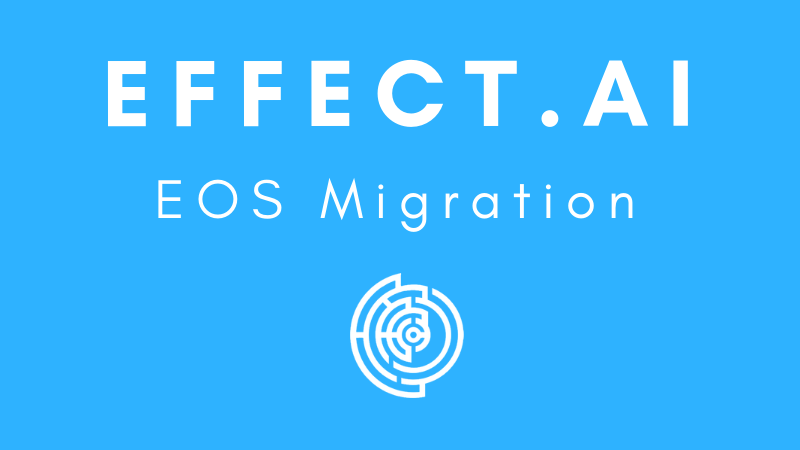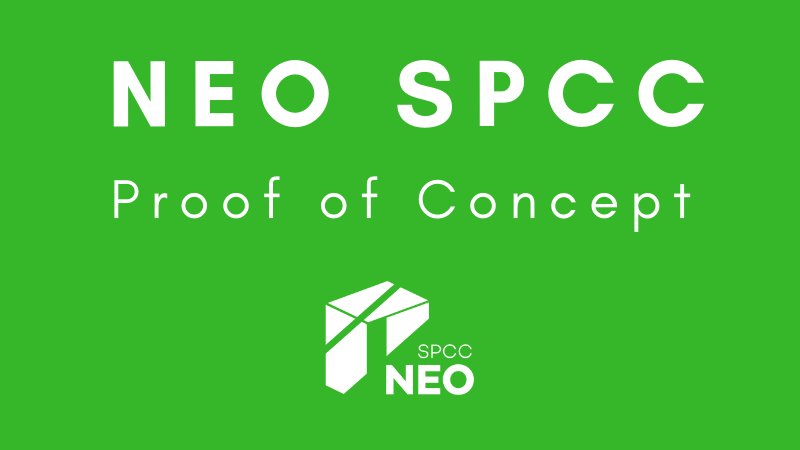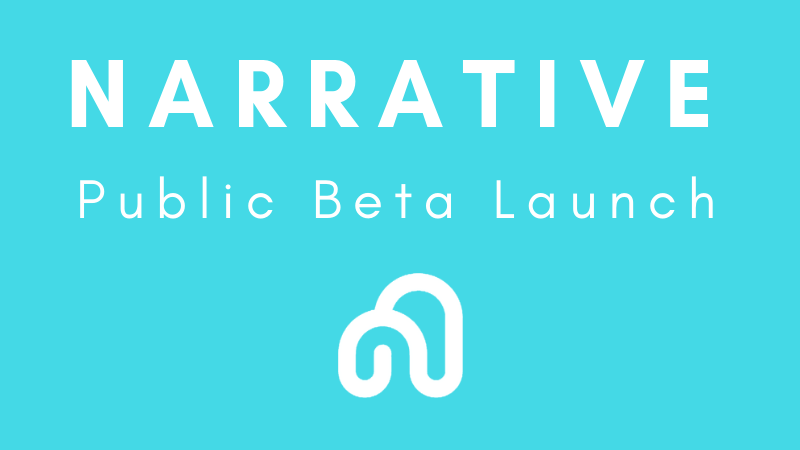
Effect.AI has announced it is migrating to the EOS blockchain from NEO. The company announced the move via its Medium account on February 21st, stating its decision to begin migration in April 2019.
Effect.AI joined the NEO ecosystem early 2018, and concluded its token sale on March 24th, raising €11,037,191 from its target of €14,820,000. In total, 650,000,000 EFX (NEP-5) tokens minted as part of the event, with 40% allocated to investors.
The project launched its Effect Force mechanical turk platform on the NEO MainNet in private beta on June 28th and claimed to have completed over 200,000 tasks in 48 hours. The project later began to experience issues during subsequent testing in July, when a spam attack clogged the network.
In its announcement Effect.AI made the following statement:
“At the time we made the decision to build on the NEO blockchain, as we felt it had a huge potential to become one of the best blockchains out there. The major compelling technical reasons were: free transactions for end users, high transaction throughput, and multiple programming languages for smart contracts. However, in reality, things turned out differently and the current state of NEO is not up to speed with what we need to be able to build out our Network. NEO’s free transaction system for end users turned out not to be viable as they coped with multiple malicious spam attacks, the current state of the blockchain has a limited transaction throughput, and the smart contract compilers, besides C#, are quite immature.”
In response to an AMA question on January 15th in the Effect.AI Telegram, CEO Chris Dawe also expressed a desire not to “stick around and wait” for NEO 3.0 or to migrate to the new platform if a new genesis block is required.
NEO 3.0 is an upgrade to the NEO protocol intended to enable the deployment of large scale applications. It aims to support reliability, high transactions per second, and big-data storage. A range of changes are planned to achieve this goal including optimization for Layer 2 applications, migration of global assets to smart contract based assets, and unifying transaction types.
Congestion issues on the NEO blockchain were traced back to the mempool, which have since been patched. These fixes are expected to be included in the 2.9.5 release, and can be explored in more detail at the following link: https://github.com/neo-project/neo/pull/500
The full announcement from Effect.AI can be found at the follow link:
https://medium.com/effect-ai/effect-ai-brings-artificial-intelligence-to-eos-main-net-ead7e68e09fa







About The Author: Dean Jeffs
Dean is a digital project manager who has worked extensively with start ups and agencies in the marketing space. Fascinated by the potential applications of blockchain technology, Dean has a passion for realising the new smart economy.
More posts by Dean Jeffs